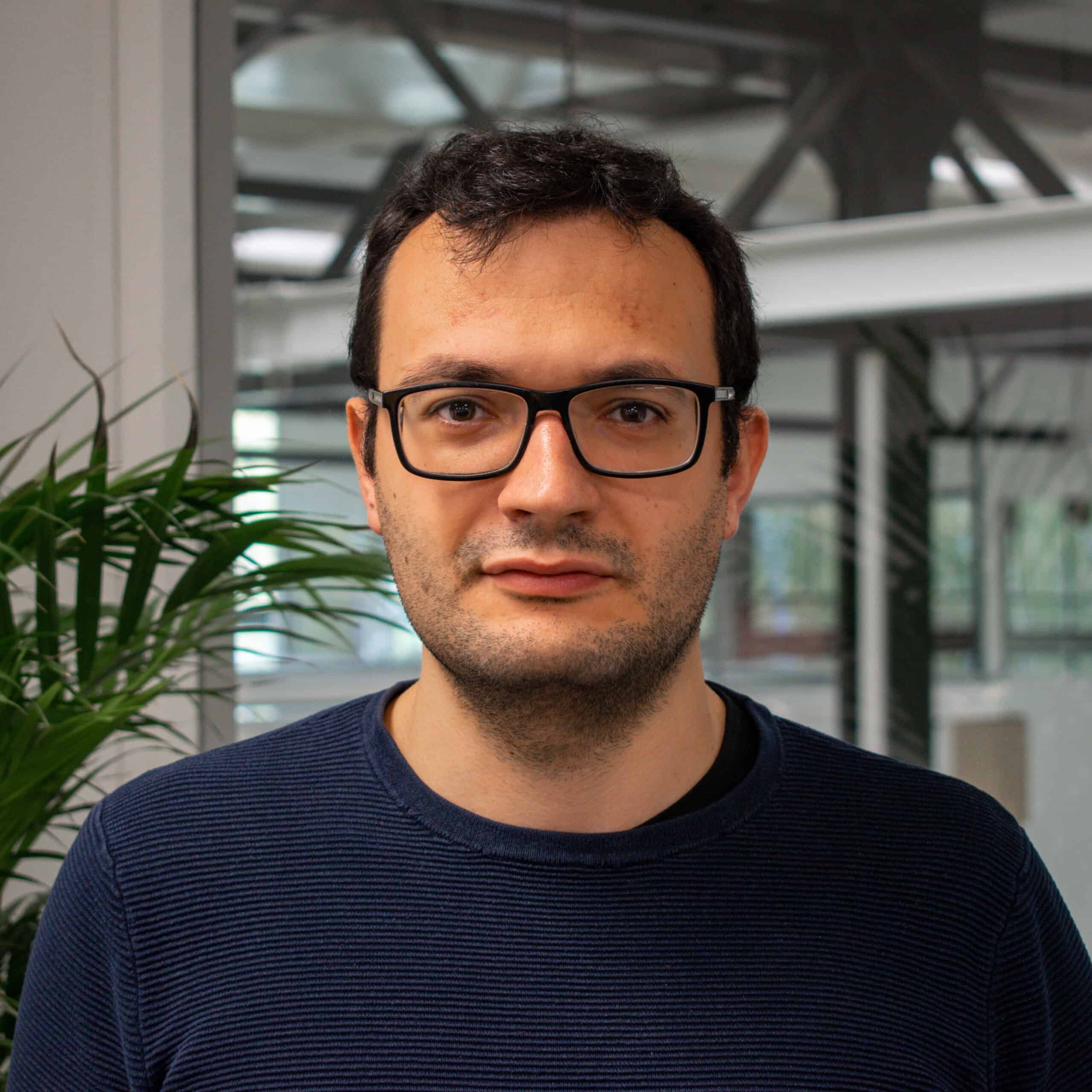
Innovation is not all about technology. The cities of tomorrow need to implement social innovation too. The European Commission is insisting on this aspect, as were the words of commissioner Mariya Gabriel during the prize-giving ceremony of the European Capital of Innovation awards.
On the 24th of November the European Innovation Council (EIC) – during the EIC Summit in Brussels – revealed the 2021 winners of the competition. The Finnish city of Vantaa won the first edition of the European Rising Innovative City award, receiving a €500.000 prize.
The competition awards cities with 50,000 to 249,000 residents and their efforts to nurture innovation. The European Rising Innovative City prize is integrated with the European Capital Innovation Prize, which awards prizes to bigger cities.
“I’m honored. It’s surprising that we won, but Vantaa has developed so much over the past decades. This recognition means a lot to us, it hasn’t been so easy to undergo all these changes,” Vantaa’s mayor Ritva Viljanen told Innovation Origins.
Carbon neutral by 2030
Vantaa used to be a town with 40,000 people back in the 1960s, grew in the past decades to become the 4th biggest city in Finland with nearly 240,000 inhabitants.
“While the city is growing fast, our emissions are not,” Viljanen stated in her acceptance speech. Vantaa plans to be carbon-neutral by 2030.
Cooperation between different city actors is key in achieving such results. “Our purpose is our people and we are doing this together with city associations and business partners”, Viljanen notes.

Social innovation is the real innovation
The EIC jury assessed the candidates based on a variety of different criteria. For instance, cities had to show how they developed ecosystems capable of promoting innovation, how they helped local actors come up with novel operating models, and how they supported the growth of local businesses.
In this respect, social innovation played a huge role in the awards, as also the runner-up cities distinguished themselves with these kinds of initiatives.
The Portuguese city of Cascais finished second, with initiatives such as the Smart City Academia. Trondheim placed third, and both runners-up will receive a € 50,000 cash prize each.
People first
Vantaa implemented several social innovation projects. Among these initiatives, there is the so-called Shared Table model, which combines the use of food waste and communal food aid activities. Minimizing food waste is one of the goals, alongside improving the well-being and the agency of the recipients and distributors.
The municipality created a network of donors and aid organizations, thereby establishing a food surplus terminal. The city of Vantaa manages it and it is in charge of transporting food, and therefore also of employing people.
Every year, about one million kilos of food pass through the terminal, helping 5,000 Vantaa residents. The model was replicated in several other Finnish regions.
Being a fast-growing city, integration is key. “We are a very multicultural city, and many adults can’t speak Finnish at all. That’s why we created free language schools for these people to learn the language”, Viljanen explains.
Alongside the focus on people and social innovation, the municipality is also offering a paperless service, as citizens get to take advantage of improved digital services from the public administration.
Innovation doesn’t stop
Vantaa is not willing to stop its growth process. Viljanen states that there is still plenty of things to do.
“We’ll invest the prize money in our community. We want to establish a mayor’s innovation competition – like there are in other Finnish cities. In addition to that, we’d like to involve more schools in our tempo-orchestra initiative, so kids get the opportunity to play instruments. If we have some money left, we’d like to set up a European innovation conference in Vantaa.”
Dortmund as 2021 iCapital
Dortmund has been named the 2021 European Capital of Innovation. The German city won a €1,000.000 cash prize, while Dublin and Malaga shared second place, and Vilnius came 3rd.
Also interesting: New German government wants to be bolder in modernizing society
In the photo, the staff of the Shared Table initiative

